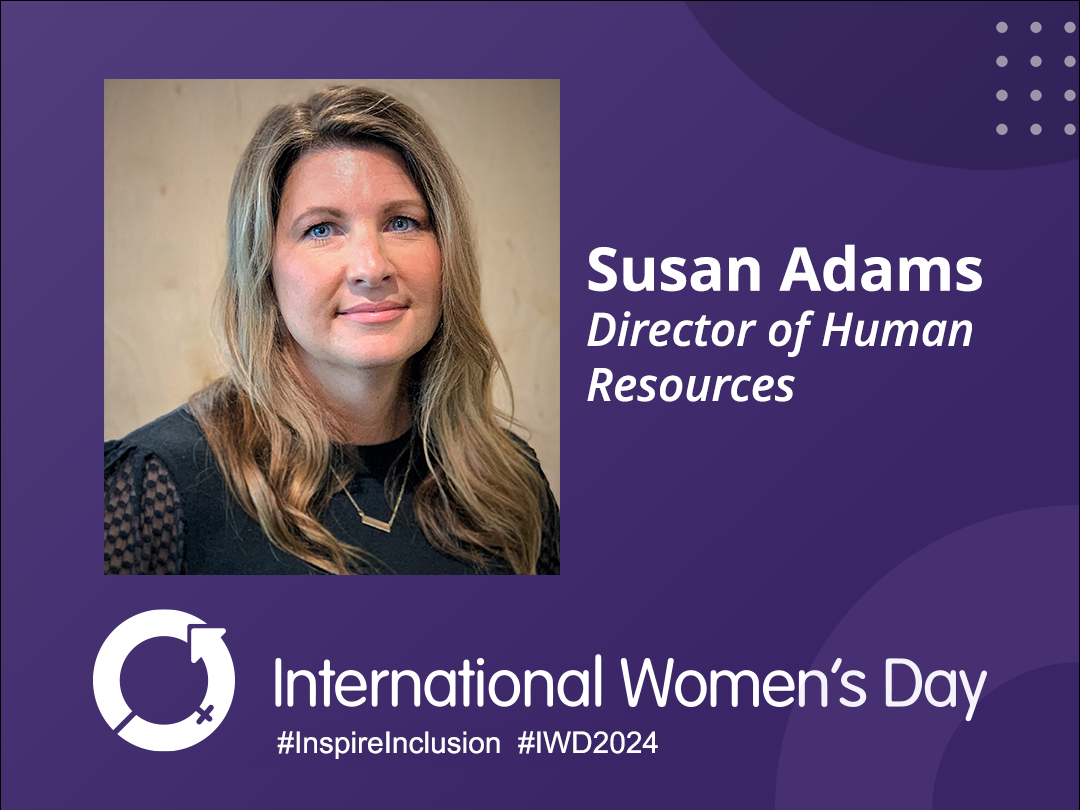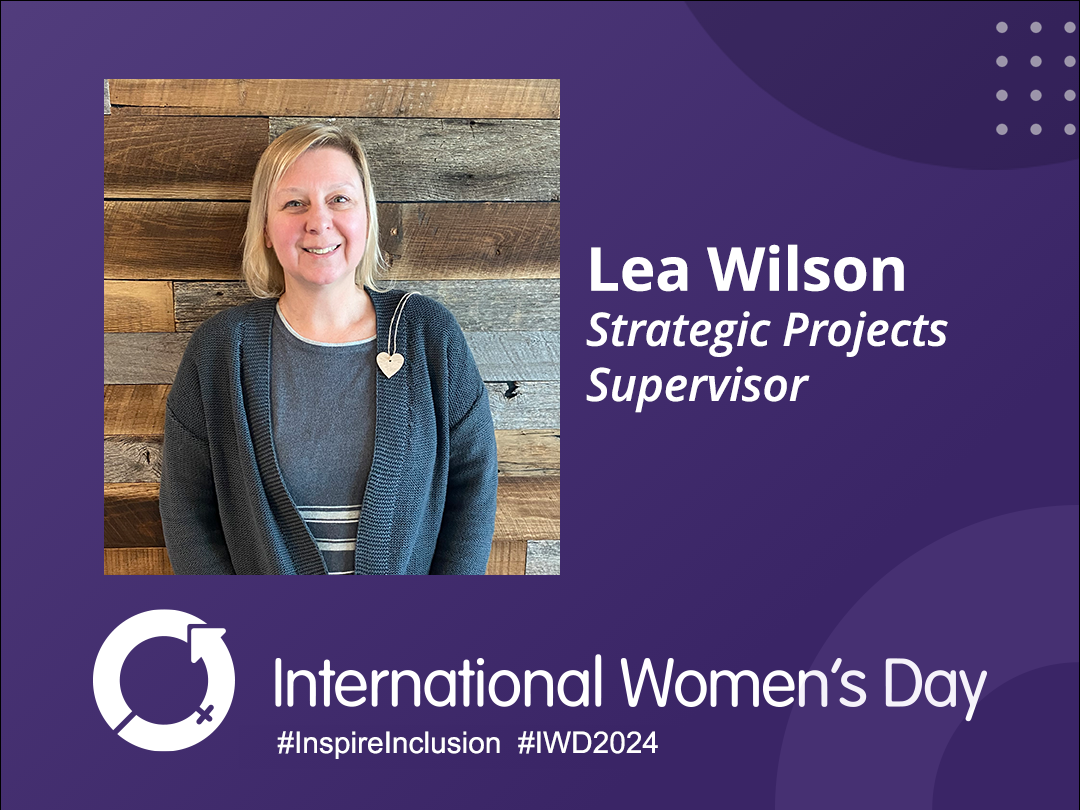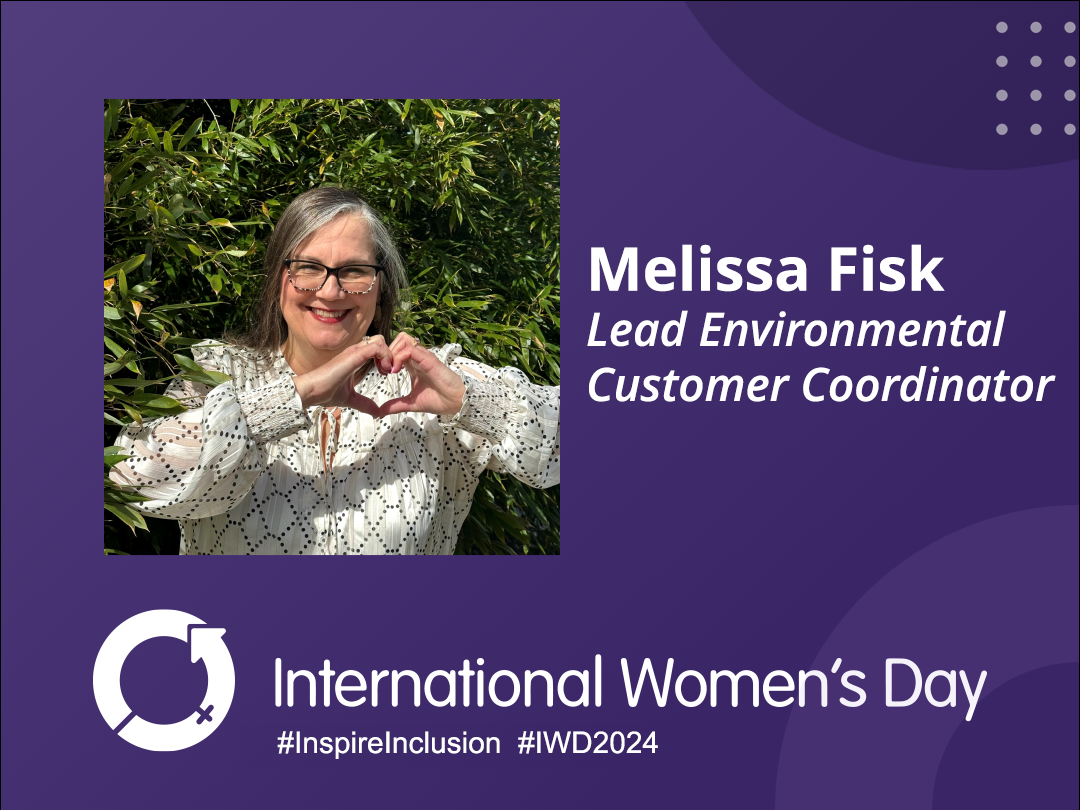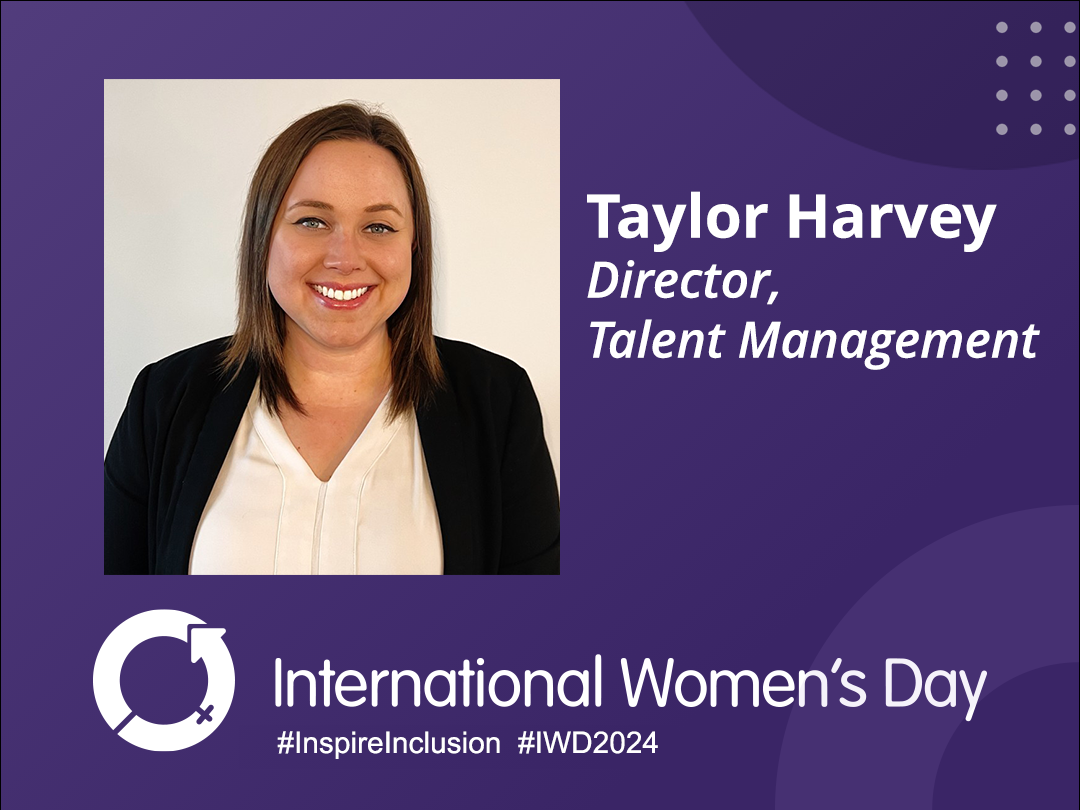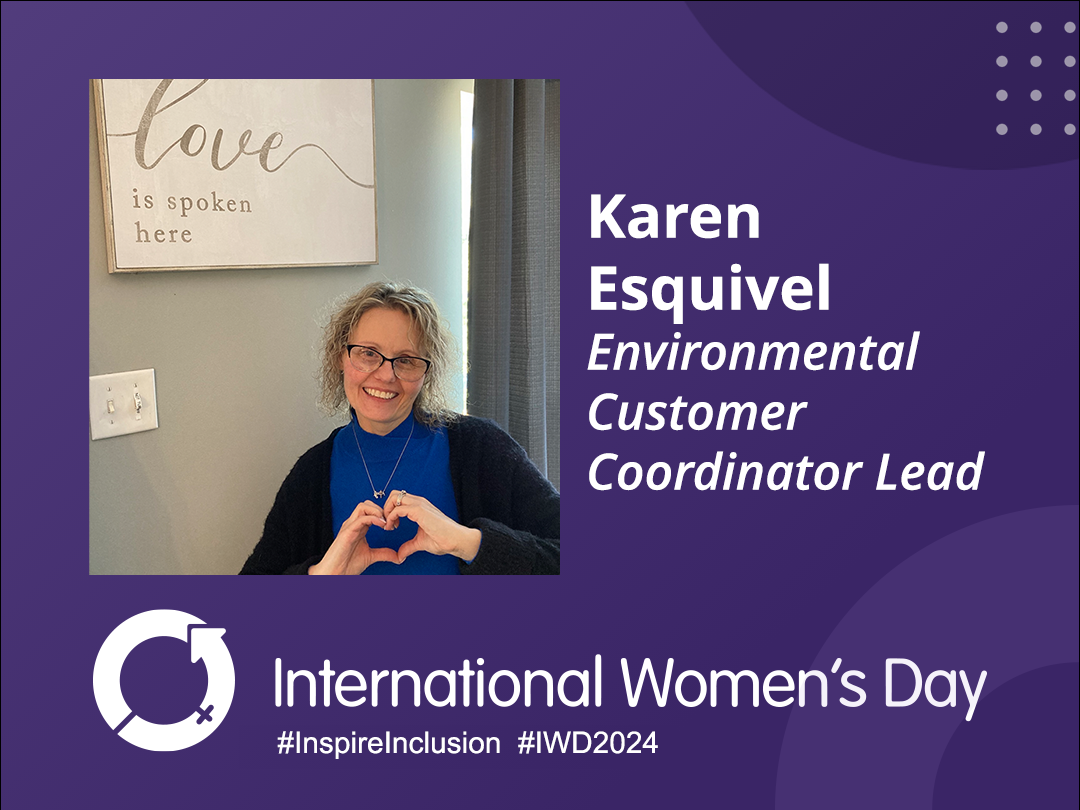Last week we wrote about the history of used oil regulations. In that post we discussed the steps that led up to the regulations the EPA has in place for used oils now. This week we’re going to dig deeper into the subject of used oil regulations and look at how mixtures are handled. Today we will cover the Rebuttable Presumption and how it applies to used oil management.
What is used oil?
Before we can look at mixtures containing used oil it is important that we all know what used oil is. According to the EPA, “used oil is defined as any oil that was refined from crude oil or any synthetic oil, and that is used and as a result of such use is contaminated by physical or chemical impurities.” The EPA also points out that the terms “used oil” and “waste oil” are not interchangeable since waste oil or oily waste does not always meet the definition of used oil; in particular the distinction that the oil has been “used.”
Regulations can get confusing when it comes to mixtures containing used oil, especially when the oil is mixed with a hazardous waste. In order to address this issue the EPA developed the Rebuttable Presumption.
What is the Rebuttable Presumption?
The Rebuttable Presumption came to be when the agency realized that determining if a used oil had been mixed with a hazardous waste would not always be possible. Since mixtures such as that would need to be regulated as a hazardous waste the EPA needed to develop an objective test. This is where the Rebuttable Presumption comes into play.
According to the EPA, “used oil that contains more than 1,000 parts per million (ppm) of total halogens is presumed to have been mixed with a regulated halogenated hazardous waste (i.e., spent halogenated solvents), and is therefore subject to applicable hazardous waste regulations.” The “rebuttal” occurs when a generator attempts to demonstrate, through analysis or other documentation, that no halogenated hazardous waste has been mixed with the used oil. One way to achieve this is by showing that the used oil “does not contain significant concentrations of halogenated hazardous constituents.” If the generator succeeds in the rebuttal the used oil will no longer be considered to have been mixed with a hazardous waste and will be subject to only used oil management standards.
“The Agency believes, however, that some oils can become contaminated with more than 1,000 ppm halogens just through the normal use of the oil, without actually mixing the used oil with a hazardous waste. In the present program, the Agency amended the former regulations to exempt two specific types of used oil from the rebuttable presumption. Both metalworking oils containing chlorinated paraffins and used refrigeration compressor oils containing chlorinated fluorocarbons (CFCs) are exempt from the rebuttable presumption.” This means that if a person generates one of these types of used oil, that person does not have to prove that the oil has not been mixed with a hazardous waste, even though it may contain more than 1,000 ppm total halogens.
Be sure to keep checking our blog for the post on used oil mixtures with hazardous waste, solid waste, products, and other mixtures.
Quoted and EPA cited information (unless otherwise noted) for this blog post was gathered from the EPA document, “RCRA, Superfund & EPCRA Call Center Training Module: Used Oil” As always, this blog post is not intended to be comprehensive and it is always best to check with the EPA and local government for full, up-to-date, rules and regulations.
More News From Heritage
-
3/12/24
Equal Pay Day – Spotlighting Our Female Drivers
-
3/8/24
International Women’s Week Spotlight – Shannon Dippel
For International Women's Week, we're spotlighting some of the incredible women in the Heritage family. Our final spotlight is Shannon Dippel.
-
3/8/24
International Women’s Week Spotlight – Susan Adams
For International Women's Week, we're spotlighting some of the incredible women in the Heritage family. Our sixth spotlight is Susan Adams.
-
3/7/24
International Women’s Week Spotlight – Lea Wilson
For International Women's Week, we're spotlighting some of the incredible women in the Heritage family. Our fifth spotlight is Lea Wilson
-
3/7/24
International Women’s Week Spotlight – Melissa Fisk
For International Women's Week, we're spotlighting some of the incredible women in the Heritage family. Our fourth spotlight is Melissa Fisk.
-
3/6/24
International Women’s Week Spotlight – Taylor Harvey
For International Women's Week, we're spotlighting some of the incredible women in the Heritage family. Our third spotlight is Taylor Harvey
-
3/5/24
International Women’s Week Spotlight – Karen Esquivel
For International Women's Week, we're spotlighting some of the incredible women in the Heritage family. Our second spotlight is Karen Esquivel.
-
3/5/24
Heritage Environmental Services Announces HP Nanda as CEO; CEO Jeff Laborsky Transitions to Board of Directors
Heritage Environmental Services (“HES”) announced today that HP Nanda will join the organization as CEO.


